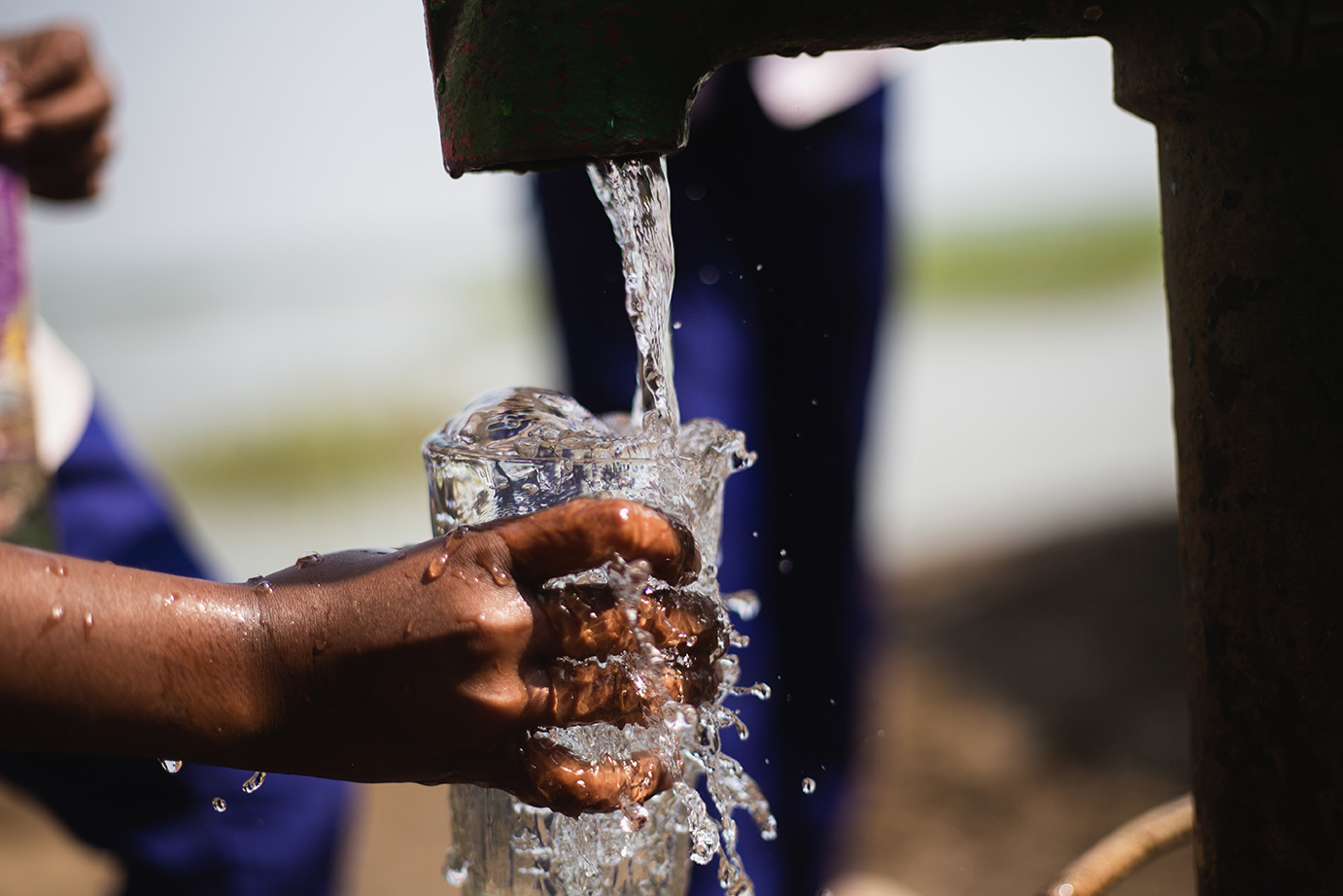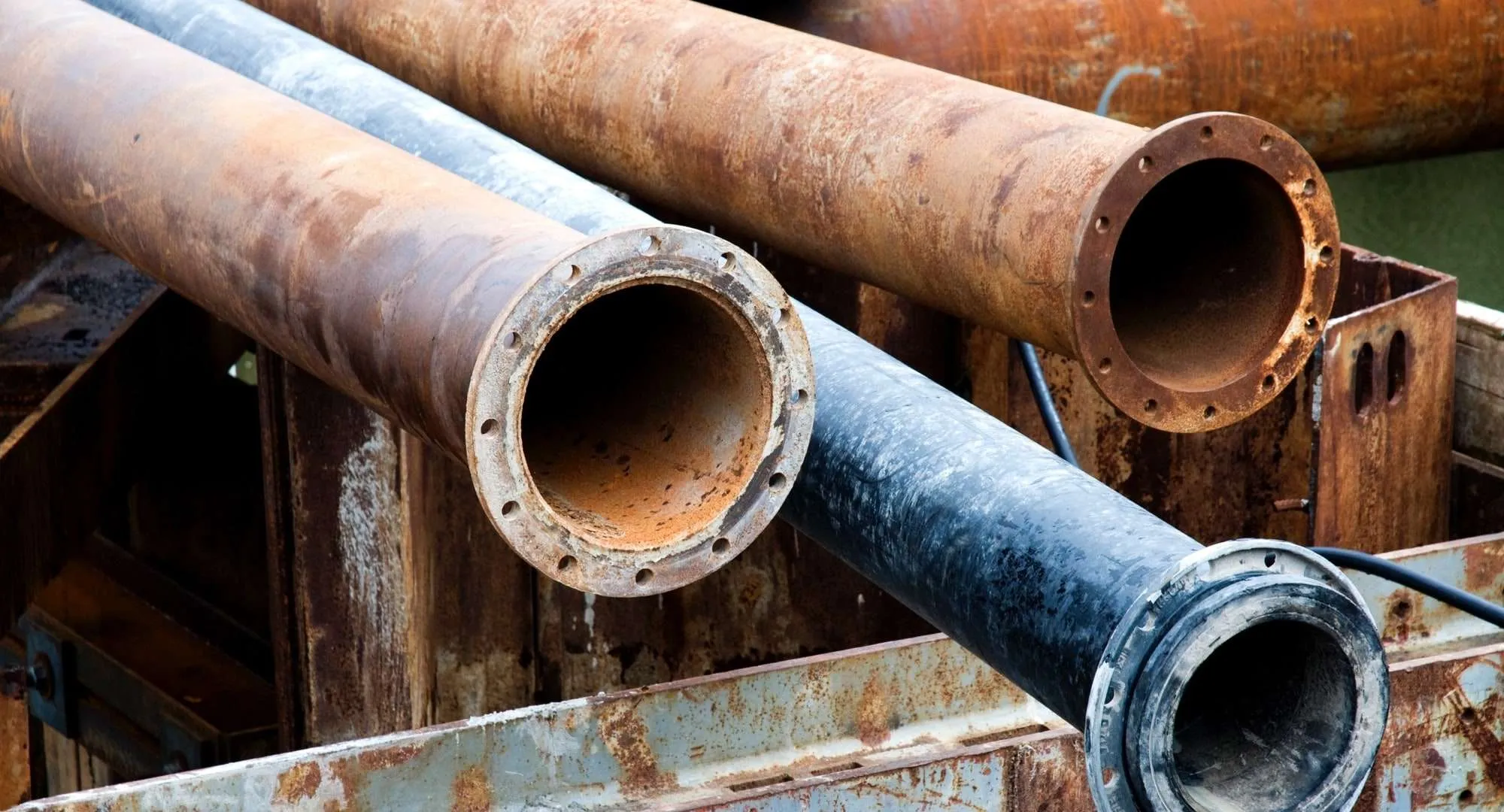Eastpointe has received $10 million in federal funds to replace some 1,100 lead water lines serving the city’s nearly 35,000 residents
Since 2020, the city has replaced 805 lines – swapping out 10% to 18% of the city’s remaining lead lines each year. Despite this work, the city issued three separate public advisories about unsafe drinking water in 2023. The $10 million cash infusion means the city can now fast-track replacement of the remaining lines.
How lead pipes pollute our water
A lead service line carries treated water from the public water main to the house. Lead, a toxic metal, can leach into drinking water from old pipes and fixtures, posing health risks, including irreversible damage to the nervous system and brain that can lead to developmental disabilities and lower IQs in children. Adults exposed to lead can develop high blood pressure or diabetes.
The city is prioritizing homes with children, pregnant women and vulnerable residents because of the severe health implications.
Utilities treat water to reduce the risk of corrosion, but that approach doesn’t fully eliminate the risk – no level of lead exposure is safe, and public health advocates have long called for the replacement of lead service lines. The issue gained national attention in 2014 when a change to Flint’s water treatment process caused a spike in lead contamination. In response, Michigan announced that cities were required to replace all lead service lines by 2038.
Replacing a lead service line requires digging up the old pipe at the curb and can cost $8,000 to $10,000 per house – making a large replacement operation cost prohibitive for many cities.
Last November, the Biden Administration announced that it would require the removal of all lead water pipes nationwide. The American Rescue Plan Act and the President’s infrastructure laws include more than $50 billion to upgrade the nation’s water system, including the replacement of lead pipes.
Key points:
- Eastpointe received $10 million in federal funding to replace 1,100 lead water lines, accelerating the city’s ongoing efforts to improve water safety.
- The city has issued multiple advisories about unsafe drinking water and has been actively replacing lead lines, achieving a rate of 10%-18% annually since 2020.
- Due to the health risks of lead, including developmental harm in children and potential diseases in adults, the city is prioritizing replacement in homes with vulnerable residents.





